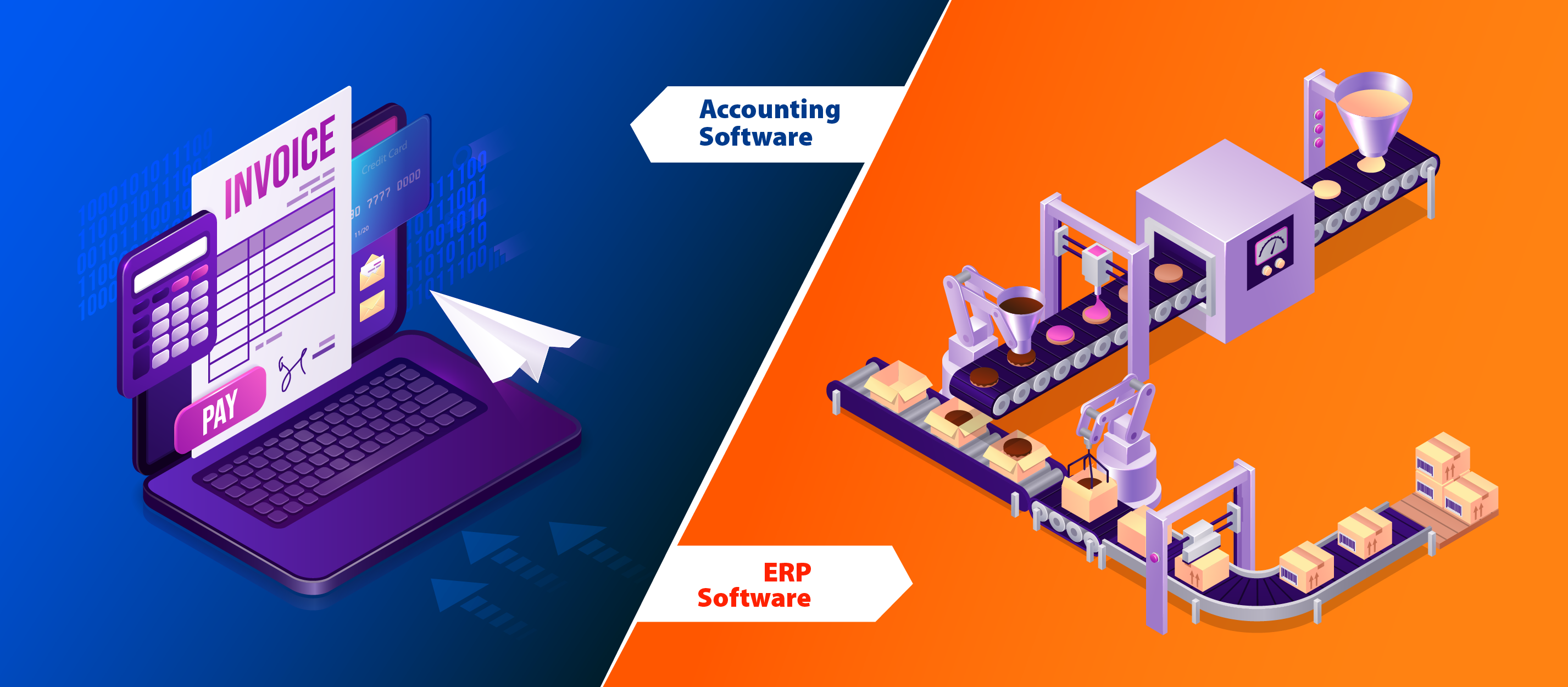
Over the years, the consumer attitudes and behaviors have changed big time, thanks to the different technological advancements.
The consumers are more empowered than ever, and through smartphones and other digital devices, they have access to virtually every minute aspect of the products they have.
Take the food products, for example: the consumers are increasingly becoming conscious about every individual aspect of the food they consume, like where it comes from, how it is made, what it contains, etc.
This newfound empowerment of the consumer has become disruptive for the food industry, posing challenges in front of the food manufacturers and forcing them to maintain greater supply chain transparency.
Then there are other challenges too for the food manufacturers, such as the emergence of lower-priced competitors due to globalization, much larger and powerful competitors as a result of global mergers and acquisitions, need to constantly innovate and come up with new products despite the high risk of failure, and meeting the compliance, quality, and safety standards which are increasingly becoming more stringent.
However, while all these have turned into challenges for some food manufacturers, there are a few others who are sensing opportunities here.
The ones who like to keep pace with the changing times, and look to evolve along with the evolving consumer, take it as a promising opportunity to not just meet their consumers’ expectations, but to exceed them.
Such forward-looking food manufacturing companies realize that to translate these opportunities into results, and to address all their challenges, they require a modern approach. And modern approach is the digital approach.
For the same, the companies are looking to employ digital initiatives, and digitize their processes, so that they can serve their customers with a better experience.
Most of these companies already have essential building blocks for digital transformation. And if not, they are quickly moving on to them. Take a look at such building blocks below:
Food ERP
All the early adopters, or the food manufacturing companies which look to seize the opportunities by going for digitization, either have an industry-specific food ERP system in place, or they are already in the process of switching to it.
A modern ERP system or a Cloud-based food ERP system provides their business with the scalability and flexibility to support their growth and strategic direction, deploy Cloud-based data storage and analytics, and seamlessly bridge systems and resources.
Such Food ERP software is enabling food processing and manufacturing companies to automate their entire value chain from procurement to production to quality, compliance and sales.
This helps them produce safe and quality products faster and cheaper from their competitors.
Process digitization
This involves reinventing the business process, such as reducing the number of documents, developing automated decision making, dealing with regulatory issues in a hassle-free manner, etc.
The companies that are reinventing and digitizing their processes are reaping massive benefits such as cutting down the costs by up to 90 percent and improving the turnaround times drastically.
Business Intelligence (BI)
With futuristic tools such as BI, companies can identify trends and weaknesses, and discover opportunities so that right actions can be taken on them at the right time.
Such tools make the available data meaningful and communicative, and allow the companies to quickly respond to fluctuating business conditions. All the modern Food ERP software come loaded with BI functionality.
IoT
The Internet of Things (IoT) helps food manufacturing companies digitize their supply chain and create a supply network with end-to-end visibility not just to the internal stakeholders, but also to the consumers.
Analyzing IoT data can help companies improve their processes, use resources more effectively, and find better ways to meet customer needs.
Social media
Many businesses are benefiting from using the social media to their maximum advantage. Different social media platforms help the companies identify their target audience, manage their brand reputation, address customer grievances, promote their offerings, etc.
Presence on social media allows the companies to provide context, content, and community to the customers to enhance their use of products.
It also makes available to them valuable data that can be analyzed and used to design the best possible customer experiences, products, and delivery systems.
Mobility
There are officially more mobile devices than people in the world. Living in a digital, mobile environment, millions of people around the world consume loads of content on their mobile devices.
They learn about companies and brands, their products/services & offers, and even execute transactions through their mobile devices.
Thus, it makes sense for companies to go mobile, and engage with their customers where they are available.
Also, mobility allows companies bring ERP and decision-making capabilities to employees at any time, in any location.
How can companies leverage opportunities?
The companies can predominantly leverage the opportunities by combining their food ERP solution with other enabling technologies mentioned above.
Let’s understand it this way: when a food manufacturing company decides to review its operations to find out how it can optimize its business processes, it can do so by equipping machinery and equipment with
IoT sensors. This way, it can get actual data on the workload, efficiency, and schedules of the machinery.
The company can then assess the production process, eliminate the process bottlenecks, and streamline the processes.
The ERP system comes into play as it connects to the IoT data stores and sends alerts to production managers’ smartphones when performance or quality targets are missed, so they can take immediate corrective action.
This is just one of many things the amalgamation of these technologies can do. It has, in fact, a host of other benefits for the food companies, including ones in the area of food safety and supply chain transparency. Some of them are mentioned below:
- Act on new revenue and market opportunities
- Shorten innovation and go-to-market cycles, introduce products faster
- Absolute compliance with the food safety regulations
- End-to-end bi-directional traceability, from the raw material to the finished product
- Reduced risk and cost of product innovation
- Deliver profitable, engaging customer experiences
- Collaborate with customers to create product improvements
Conclusion: In order to maintain the competitive advantage over the competitors, the time to leverage the digital transformation opportunities for the food companies is now.
Most of the companies have already taken the edge over others by being early adopters, proving that digital transformation is realistic, affordable, and the need of the hour.
But there are many others that are lagging behind, and it is not late for them to start. They can begin with either switching to a modern ERP, or modernize their current ERP, for we saw above how their ERP system is the best foundation for digital transformation.
One such modern food ERP is BatchMaster ERP for Food, which supports innovation and a whole lot of other activities related to the food & beverage business.
For over 30 years now, BatchMaster has been helping food producers meet their goals for growth and competitiveness.
So, get started now. Accelerate your digital transformation in a low-risk, results-oriented manner with BatchMaster ERP for Food. Contact us to know more. You can also write to us at sales@batchmaster.com.




















